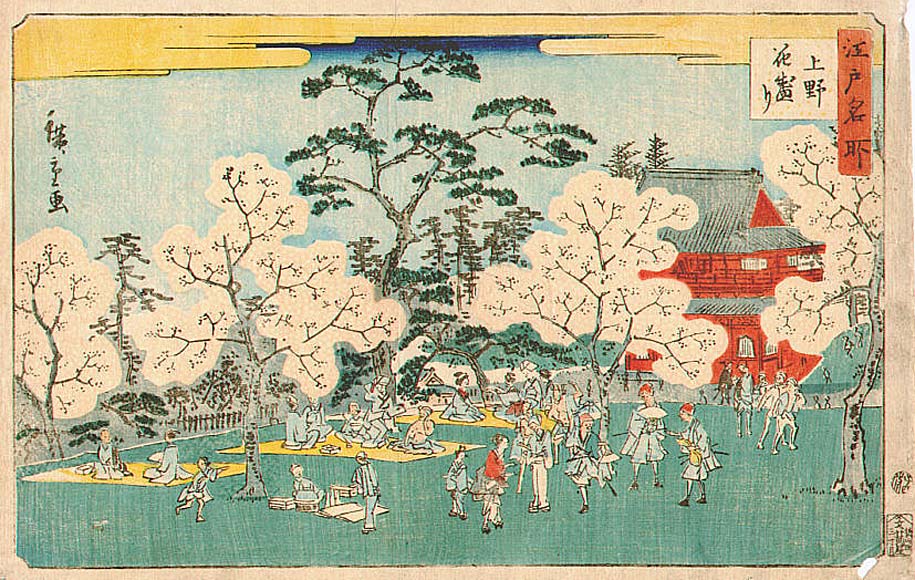Subscribe to:
Post Comments (Atom)
News & Notices
Contact
Poetry Archive
Author Archive
- Alan Summers
- Andromeda Jazmon
- Angeliki Korre
- Ashi
- Beatrice van de Vis
- Bubba
- cdron97
- Chewy
- Crafty Green Poet
- Damien Gabriels
- David
- Dennis Tomlinson
- diana l.
- Gerald England
- gillena cox
- Isabel
- J. Andrew Lockhart
- jem
- Jim Tantillo
- john mcdonald
- Kelly Shepherd
- Ken Wagner
- Lightfoot
- Lirone
- Liza Lee Miller
- Lulubelle B
- Mandy Smith
- Martha McLemore
- martin gottlieb cohen
- Megan Arkenberg
- Melanie Bishop
- Michele F
- Möme
- MysticGameKeeper
- Nora Wood
- Pamela A. Babusci
- Patrick Trombly
- Paul Smith
- Phill Deason
- Poet-in-Residence Gwilym Williams
- Pratibha
- R.K.Singh
- Rachel Green
- Reihaisha
- RKSingh
- sandy lawrence (four winds)
- Sarvananda
- Scramble
- Shelley
- Steve
- Strecker
- Tumblewords
- Vic Gendrano
- Yansidara



9 comments:
love it
john
Thanks, John.
Wow!
The colours, the movement, passage of time, light and dark: marvellous haiku!
all my best,
Alan
With Words
.
I like this - that choice of 'folds' is excellent. It's comforting, but a little creepy too.
Thanks so much, Alan and Jem. (I'm fascinated, Jem, that you find one word can feel both comforting and creepy. I'm trying to imagine this...)
Hi diana l.
Haiku always work best, in my opinion, if they record something as it is, but with a poetic flavour.
sunset sycamore
moves darkly forward, then
folds into night
Your haiku does this admirably, and jem, I'm sure, picked up on this, with lines such as 'move darkly forward' and 'then folds into night'.
It's because you have captured the tree version of 'animism' and this is a very Japanese thing to do from the Shinto perspective.
Ah. I was missing the other sense of "moves darkly forward". Isn't it wonderful when our meaning(s) end up being even richer than we consciously intended?
Thanks for the illumination, Alan.
It's a sign of a great haiku that it can provoke so much discussion.
For me the 'folds' evoked a comforting folding into an embrace, a warm towel perhaps, something motherly. But also something darker, more scary, a swallowing, a smothering of the light by the dark.
Jem, you'd make a wonderful analyst (Jungian, no doubt!)
(And thanks for the compliment.)
Post a Comment